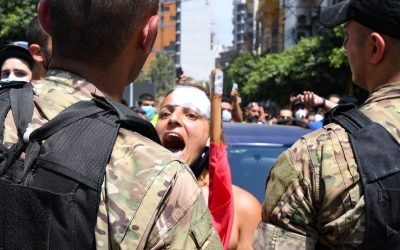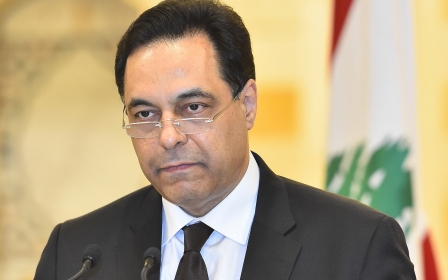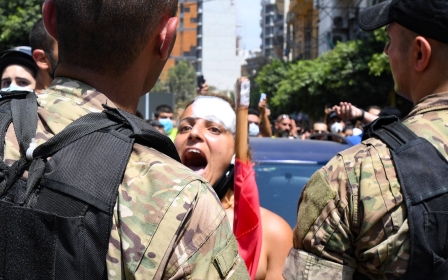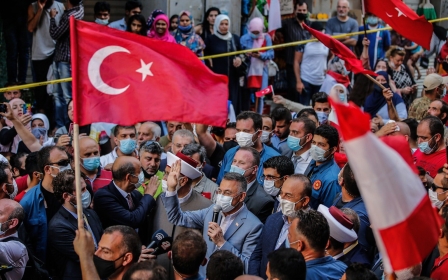Beirut explosion: Prime minister and president were warned about explosives in July
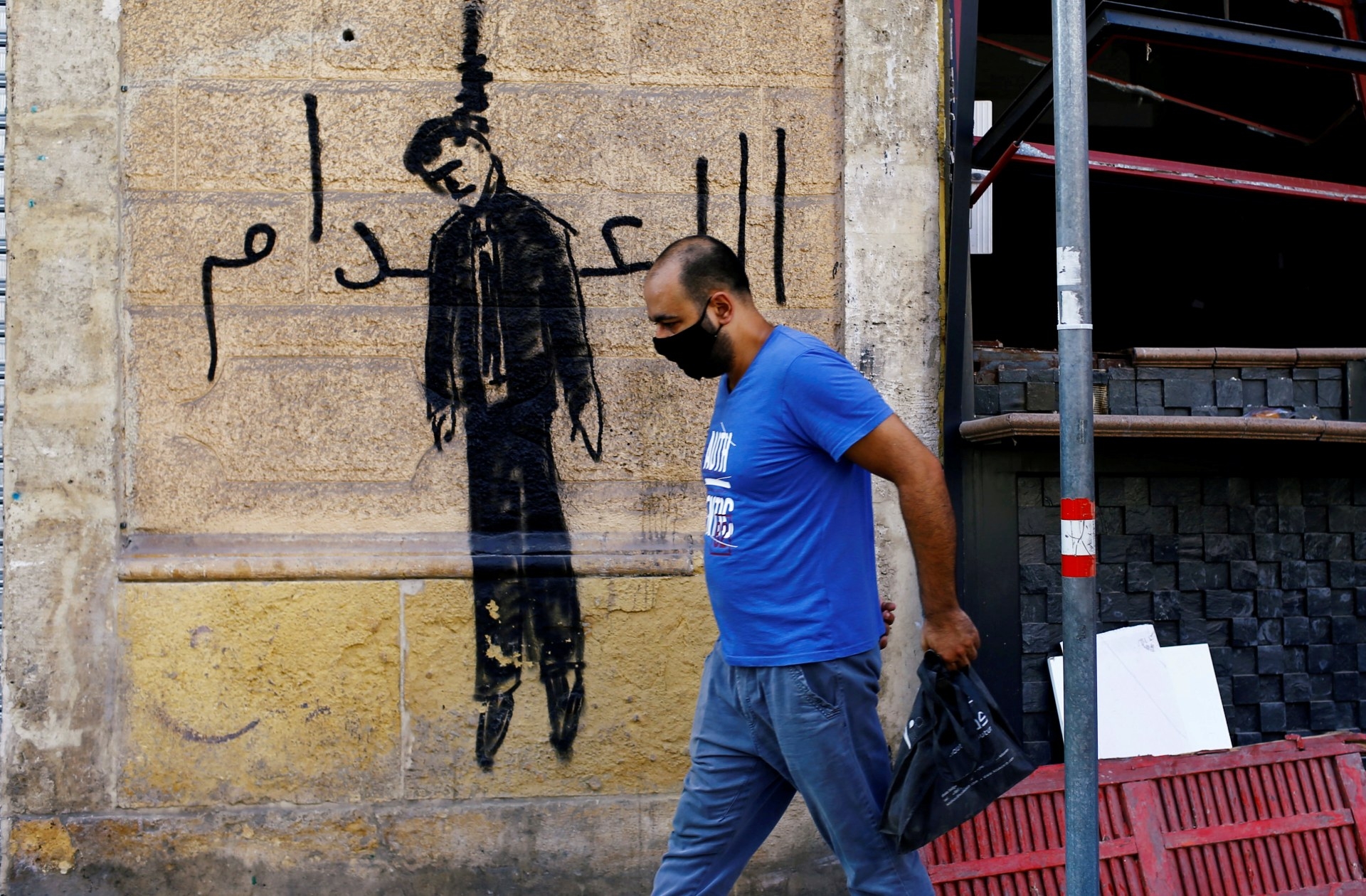
Lebanon's leaders were warned about explosives at Beirut's port in July, according to a state security report and senior security sources.
Evidence uncovered by Reuters show both the prime minister and president were told last month that 2,750 tonnes of ammonium nitrate stored in the port could potentially wreak havoc on the capital if it exploded.
Last week's blast in the Lebanese capital killed at least 163 people, injured 6,000 and destroyed 6,000 buildings, say municipal authorities.
A report by the General Directorate of State Security on events leading up to the explosion, seen by Reuters, includes a reference to a private letter sent to President Michel Aoun and Prime Minister Hassan Diab on 20 July.
According to a senior security official, the document summed up the findings of a judicial investigation launched in January which concluded the chemicals needed to be secured immediately.
"There was a danger that this material, if stolen, could be used in a terrorist attack," the official told Reuters.
"At the end of the investigation, Prosecutor General [Ghassan] Oweidat prepared a final report which was sent to the authorities," he said, referring to the letter, the contents of which were not seen by the news agency.
"I warned them that this could destroy Beirut if it exploded."
'I am not responsible!'
The revelation is likely to further enrage Lebanese citizens who already blame government negligence and corruption for the explosion.
Aoun confirmed last week that he had been informed about the material and claimed he had directed the secretary general of the Supreme Defence Council to "do what is necessary".
"[The state security service] said it is dangerous. I am not responsible! I don't know where it was put and I didn't know how dangerous it was. I have no authority to deal with the port directly," Aoun told reporters.
"There is a hierarchy and all those who knew should have known their duties to do the necessary."
In recent days, Lebanon has been rocked by protests, with thousands taking to Beirut's still rubble-strewn streets to vent their anger and demand the overthrow of a system which they say has lost all legitimacy.
Middle East Eye propose une couverture et une analyse indépendantes et incomparables du Moyen-Orient, de l’Afrique du Nord et d’autres régions du monde. Pour en savoir plus sur la reprise de ce contenu et les frais qui s’appliquent, veuillez remplir ce formulaire [en anglais]. Pour en savoir plus sur MEE, cliquez ici [en anglais].



